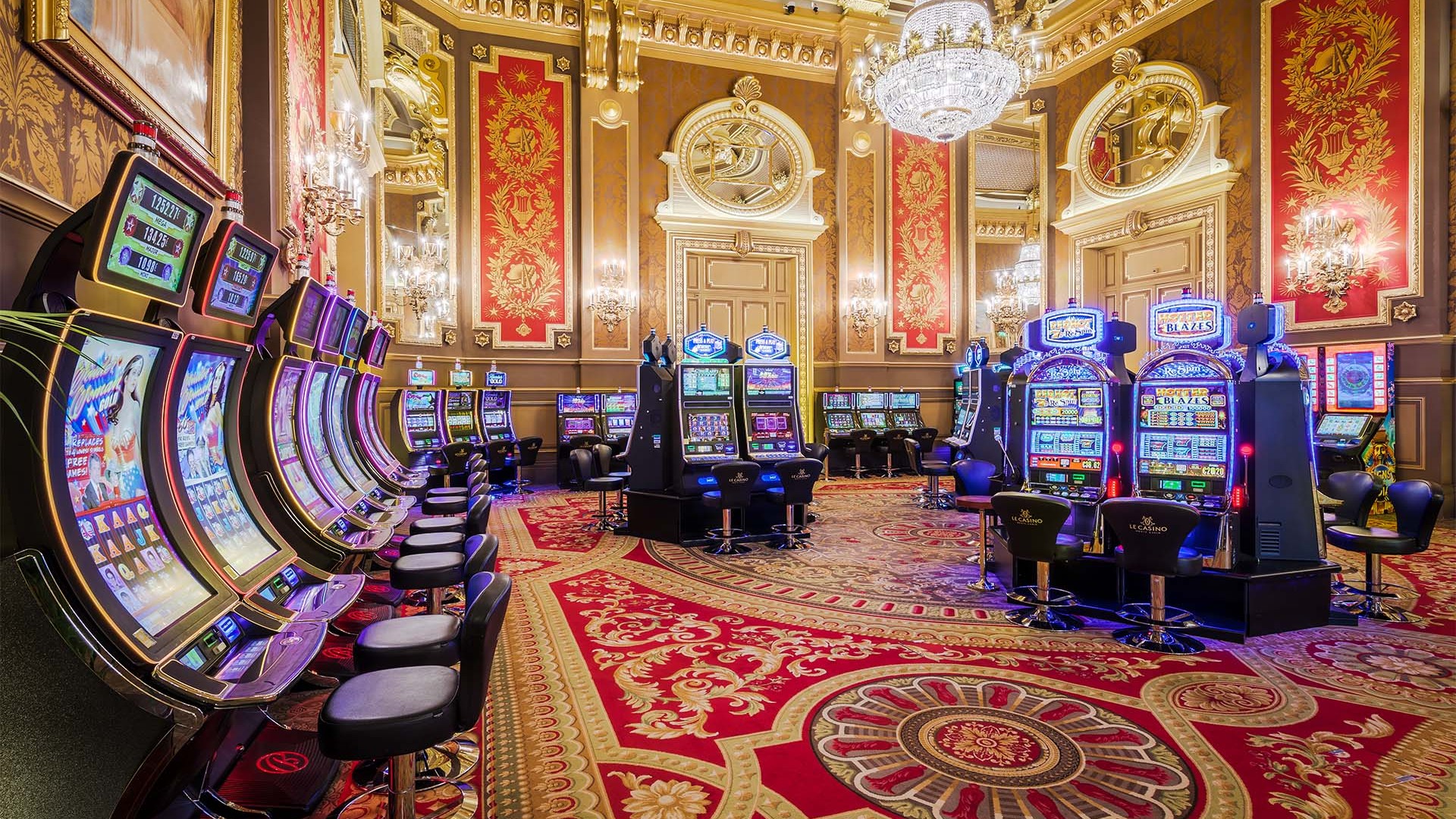
Casino games have long been a staple in human culture, providing not just entertainment but a fascinating reflection of our aspirations, wishes, and anxieties. From the rotating wheels of a slot machine to the skill-based strategies of poker, these games represent a variety of human emotions and events. At their core, casino games are more than a chance to earn cash; they are a reflection of life itself, where risk and reward merge and luck can change in an instant.
As players assemble around tables or sit in front of glowing machines, they participate in a ritual that transcends mere playing. These games echo our instinctive desires for relationships, adventure, and the search for fortune. They also unveil deeper truths about human behavior, such as our relationship with luck and the adrenaline of uncertainty. In exploring casino games, we reveal not only the rules of play but also the complex weave of the human journey, showcasing our interconnected narratives of goal and reality.
The Mind Behind Gambling
Wagering is intrinsically connected in the psyche of individuals, tapping into various feelings and desires. The thrill of taking risks is a core aspect that attracts participants, whether it’s excitement of spinning a roulette wheel or the excitement of drawing a winning card in a poker game. This adrenaline is often compared to other forms of thrill, as the uncertainty of outcomes elicits a unique psychological response. Players often find themselves captivated by the possibility of winning big, leading to an irresistible draw toward casino games.
Additionally, a crucial component of the psychology behind gambling is the concept of optimism and aspiration. Players often indulge in dreams of financial freedom and the luxurious lifestyle that can follow winning. This optimism fuels their ongoing participation in gambling, as it provides a sense of purpose and the conviction that a transformative win could be just one wager away. The story of overcoming odds and achieving success resonates with many, reinforcing their dedication to play and involve themselves with these games.
Lastly, social dynamics play a crucial role in gambling psychology. Casino environments are designed to foster social interaction, where players gather to share the journey of wins and losses. This shared aspect not only amplifies enjoyment but also influences behavior, as individuals often mimic the actions of others around them. The social validation found in mutual thrill can magnify the emotional experience, making casino games a mirror of not just personal desires but also collective engagement within the gaming community.
### Risk and Reward: A Double-Edged Sword
Gambling activities embody the delicate balance between danger and reward that resonates profoundly with the human experience. The rush of placing a wager is often accompanied by a jolt of energy, as players are confronted with the prospect of a huge payout, yet fully aware of the possibility to suffer losses. This twofold experience reflects a essential aspect of life: the decisions we face often come with inherent risks, and the chase for gain can push us to take chances we might not otherwise consider. In this way, casino games echo real-world choices, enticing gamblers to gamble not just their funds, but also their hopes.
The allure of grand jackpots and payouts fuels a feeling of positivity, encouraging players to imagine a more promising future that could emerge from a lucky spin of the roulette or dealing of a hand. This hope can compel individuals to engage in greater risks, pushing them to extend their limits in search of financial gain. However, just as in life, the consequences of these risks can lead to both victory and loss. The narratives of both big winners and those who have lost everything at the casino demonstrate the random nature of luck and its impactful effect on our existence.
Ultimately, the interaction of engaging with casino games serves as a vivid illustration of the human condition. Every round played is filled with the tension of risk, as gamblers weigh the rewards against the risks. This interaction not only highlights the thrill that comes with betting but also reveals the weaknesses that come with the longing for more. Giovang TV trực tiếp bóng đá As we journey through the challenges of choice and results in both the gambling world and in life, we find that the search for benefit shapes our identities and journeys in profound ways.
Culture and Solitude in Gambling Culture
Casino culture is a unique mix of social engagement and personal endeavor, reflecting the contrasts of human experience. Players often come together around games, experiencing in the excitement of the action, rejoicing in wins, and commiserating over losses. This communal aspect is vital, as it creates a sense of belonging and camaraderie among diverse groups of individuals. Regular attendees to gaming establishments may form friendships and develop routines, turning the casino into a alternative home where they experience linked to a larger community of gamblers.
However, the allure of gambling activities can also result to isolation. As individuals become engrossed in the thrill of gambling, they may isolate from personal connections or fail to interact with the environment outside the casino. For some, the pursuit of a jackpot can overshadow real connections, leading to loneliness. The situation of being among others yet experiencing solitary is not uncommon, as the focus shifts from shared enjoyment to the private concerns of each player’s path.
This interplay of community and isolation creates a rich mosaic that defines casino atmosphere. It showcases the intricacy of human interactions, where happiness and sorrow exist together. Casinos serve as both a sanctuary for social engagement and a platform for individual challenges, illustrating how deeply connected our desire for companionship and the personal quest for wealth can be. In navigating this environment, gamblers confront their own stories—seeking both the rush of the game and the companionship of fellow players, ultimately reflecting the wider spectrum of human experience.
